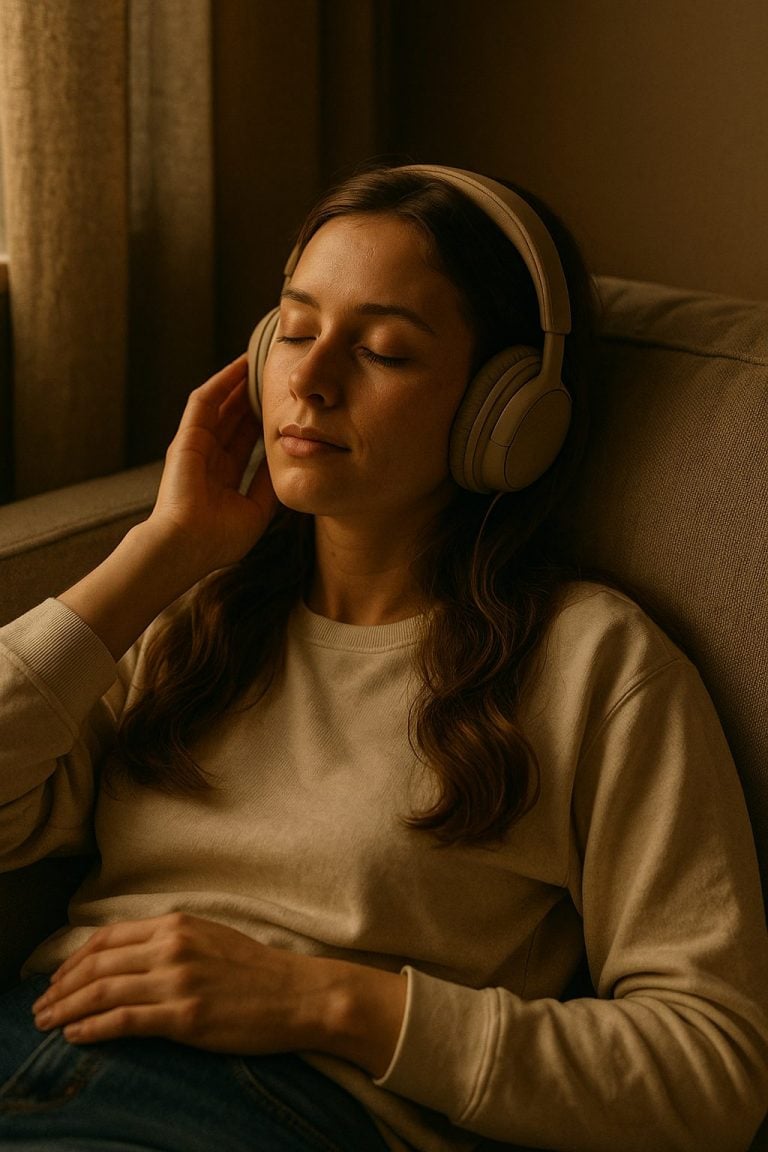Anxiety Self‑Help Tips for College Students: A Christian Guide
Estimated reading time: 5 minutes
Introduction: Anxiety Self‑Help Tips for College Students
College can be exhilarating, yet it can also feel like walking a tight‑rope without a net. Between research papers, lab deadlines, roommate drama and the gnawing question of “What will I do with my life?”, worry easily escalates into chronic anxiety. Because of this rising tide of distress, the American College Health Association now reports that almost one in three under‑graduates say anxiety harms their grades and relationships. Even so, Scripture offers hope: “Cast all your anxiety on Him because He cares for you” (1 Peter 5:7). This article delivers anxiety self‑help tips for college students that marry cutting‑edge neuroscience with timeless biblical wisdom.
You will learn why your nervous system over‑reacts, how faith‑based cognitive skills calm the storm, and which clinically backed treatments—including medication—fit within a Christian worldview. Ultimately the goal is not merely symptom relief but a deeper daily walk with Jesus.

Root Causes of College Anxiety
Why does anxiety surge in college? First, rapid change taxes the brain’s threat detector. Moving away from home, forming new friendships and handling finances create uncertainty, and uncertainty feeds the amygdala. Second, academic culture glorifies busyness. All‑night study sessions, double majors and constant notifications elevate adrenaline. In addition, caffeine and late‑night screen time suppress melatonin and fragment sleep; fatigue then intensifies anxious feelings.
Third, students wrestle with identity questions: “Who am I?” and “What does God want for my future?” These existential matters activate the same neural pathways as physical danger. Finally, isolation can rear its head even on a crowded campus. According to Transforming Education’s 2024 survey, 54 percent of students report frequent loneliness, a recognised precursor to anxiety disorders.
Although each trigger seems independent, together they form a vicious cycle—stress leads to poor self‑care, which heightens stress. Therefore the first self‑help step is awareness: name your specific pressure points, pray over them and share them with a mentor. As Proverbs 12:25 notes, “Anxiety weighs down the heart, but a kind word cheers it up.”
Faith‑Centered Solutions for College Anxiety
Because spiritual life and mental health interlace, faith‑centered practices are foundational. Begin with prayer filled with thanksgiving. Modern fMRI studies confirm that gratitude activates the ventromedial pre‑frontal cortex, reducing amygdala activity—thus science echoes Philippians 4:6‑7. Next, saturate your mind with promises. When Jesus faced Gethsemane He quoted Psalm 22; likewise, repeating Isaiah 41:10 or 2 Timothy 1:7 reins in catastrophic thoughts.
Worship and fellowship also matter. Singing releases endorphins and increases vagal tone, while Hebrews 10:24‑25 urges believers to meet together for mutual support. Finally, reframe anxious thoughts using a thought journal: write the fear, weigh evidence, then answer with biblical truth (see Jeremiah 29:11). Repeating this exercise rewires anxious pathways through neuro‑plasticity.
Lifestyle Habits That Soothe Anxiety
Your body is a temple; caring for it magnifies spiritual resilience. Aim for seven to nine hours of quality sleep—pray Psalm 4:8 as you power down phones and dim room lights. A 2025 meta‑analysis in Frontiers in Psychology found that 30‑minute aerobic sessions three times weekly produced a large reduction in anxiety among under‑graduates, so schedule brisk walks between lectures. Other campus anxiety strategies, moderating caffeine, hydrating well and fuelling your brain with omega‑3‑rich foods also stabilise mood.
Adopt 90‑minute study blocks followed by 10‑minute breaks; during each pause stretch, breathe slowly and thank God for one blessing. University of Utah researchers reported a 23 percent cortisol drop after a fortnight of nightly gratitude lists—evidence that joy truly strengthens (Nehemiah 8:10).

When to Seek Professional Help
If panic is daily, lectures feel impossible or intrusive thoughts disrupt worship, outside help is wise. Proverbs 11:14 reminds us, “In the multitude of counsellors there is safety.” Most campuses provide free Cognitive‑Behavioural Therapy (CBT); therapists teach exposure techniques and thought management. Where symptoms remain intense, medical providers may suggest Selective Serotonin Re‑uptake Inhibitors (SSRIs) such as sertraline. Using medication parallels Paul’s advice in 1 Timothy 5:23 to employ practical remedies.
Mayo Clinic lists SSRIs and SNRIs as first‑line treatments; under supervision these medicines lower symptom intensity so that prayer, study and community become easier. Christian counselling centres can integrate prayer into sessions, a blend linked to improved spiritual well‑being in the Journal of Psychology & Theology. Seeking help is therefore stewardship, not failure.
Recommended Self Help For Anxious Students Resources and Products
Student‑friendly tools that reinforce today’s anxiety self‑help tips for college students:
- Abide App – guided Christian meditations with nightly devotionals that soothe racing thoughts.
- SoulTime – worship‑music‑based mindfulness featuring voice‑guided breathing exercises.
- “Anxious for Nothing” by Max Lucado – pairs Scripture with CBT skills and includes small‑group questions.
- NIMH Muscle Relaxation Audio – free ten‑minute track teaching progressive relaxation.
- Headspace Student Plan – discounted evidence‑based mindfulness you can combine with breath‑prayer.
Track progress with the free ADAA Anxiety Log, recording triggers, intensity and coping strategies. For immediate grounding, carry a verse card pack and touch it while breathing slowly. Dive deeper using our cornerstone guides: Biblical guidance for anxiety, Bible verses for anxiety, Deep breathing exercises and Panic attack relief guide.
Concluding College Anxiety Self-Help: Walking in Peace
In summary, anxiety self‑help tips for college students blend spiritual devotion, psychological skill and healthy stewardship of the body. Because Christ has overcome the world (John 16:33), you can practice these habits with expectant hope. Begin today by choosing one strategy from each section, share your plan with a friend and invite the Holy Spirit to guard your heart. As you do, you will discover that anxiety becomes an opportunity to trust God more deeply and to comfort others with the comfort you have received (2 Corinthians 1:4).







